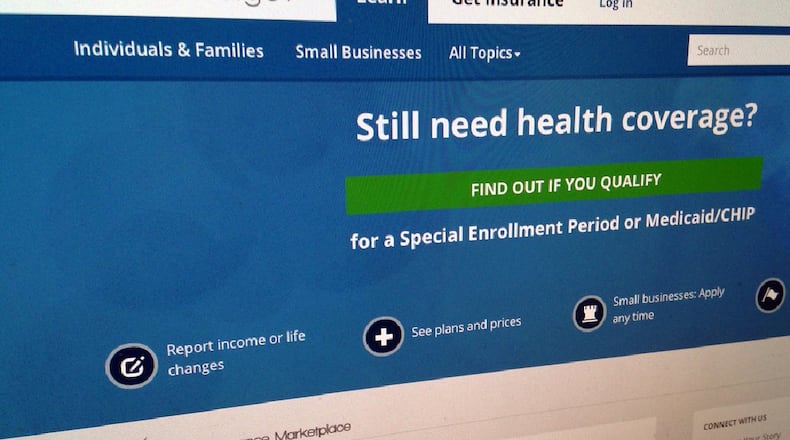They've already been burned once, twice, even three times, but congressional Republicans are once again staring at the red-hot griddle that is health-care reform, once again trying to summon the courage and egg each other on to touch it with their bare hands, as if this time it won't hurt.
It will hurt.
The latest iteration, hatched by Sen. Lindsey Graham and Sen. Bill Cassidy, is not by any means a compromise. It differs in some of its details from previous attempts to repeal and replace Obamacare, but the net impacts of the bill haven't changed much at all:
♦ It would still attempt to hastily remake one-sixth of the U.S. economy, with no committee work, no testimony to its impact, no input from those outside the Senate GOP caucus and in general no forethought, analysis or preparation. The Congressional Budget Office says it doesn't even have time to conduct its analysis before the final Senate vote, this on one of the most important bills in a generation. To call that irresponsible doesn't begin to characterize it adequately.
♦ It would still strip health insurance from tens of millions of Americans, while making no real attempt at forging a replacement means of coverage. Those people are just screwed. Earlier GOP bills were estimated to push at least 450,000 Georgians off insurance, and while we don't have such estimates on this latest version -- again, we're not allowed to know until after they try to pass it -- its impact is likely to be in the same neighborhood and by some accounts worse.
♦ It would still allow states to gut provisions that protect Americans with a pre-existing condition. A person in Sen. John McCain's condition forced to purchase coverage on the open market could be denied an affordable policy for cancer care. The same would be true of Rep. Steve Scalise, who suffered apparently long-term damage in that tragic shooting at a baseball practice earlier this summer. Neither man can be faulted for their situation, but like a honey badger, the market don't care.
♦ Like its predecessors, the Graham-Cassidy bill is opposed by every single major health-care provider group and patient-advocacy group, from AARP to the American Medical Association.
♦ If passed, the bill would still amount to a tax cut of hundreds of billions of dollars for the wealthiest of Americans, a goal that is the hidden driver behind this version and previous versions. Millions of average Americans struggling to make ends meet would lose access to health insurance and health care; the top 1 percent gets a huge income boost. Such a plan, such a plan....
Overall, the new bill solves nothing and improves nothing, other than the Republican Party's political problem with its base. Even its impact on the base is highly questionable. Republican voters tell pollsters that repealing and replacing Obamacare remains their highest legislative priority; however, fewer than a third of GOP voters tell pollsters that they support the actual GOP plans to do so.
It's not hard to explain that dichotomy. For more than seven years now, conservatives have been trained to despise Obamacare, and many do. But over those same seven years, they've also been told that their party had some magical replacement that would somehow cover more people, more cheaply. This latest plan, like all the previous versions before it, does the opposite, and on a very large scale. It would take us backward, not forward.
The irony is that the closer the Republicans get to enacting "reform" of this sort, and the more successful they become in their ongoing guerrilla efforts to undermine Obamacare, the more support will grow for their worst nightmare, which is some sort of single-payer system. The plan recently introduced by Sen. Bernie Sanders and others is more aspirational than realistic, but it is far more in tune with public recognition that in a country as prosperous as this one, access to health care should be treated as a basic human right.
About the Author
The Latest
Featured



